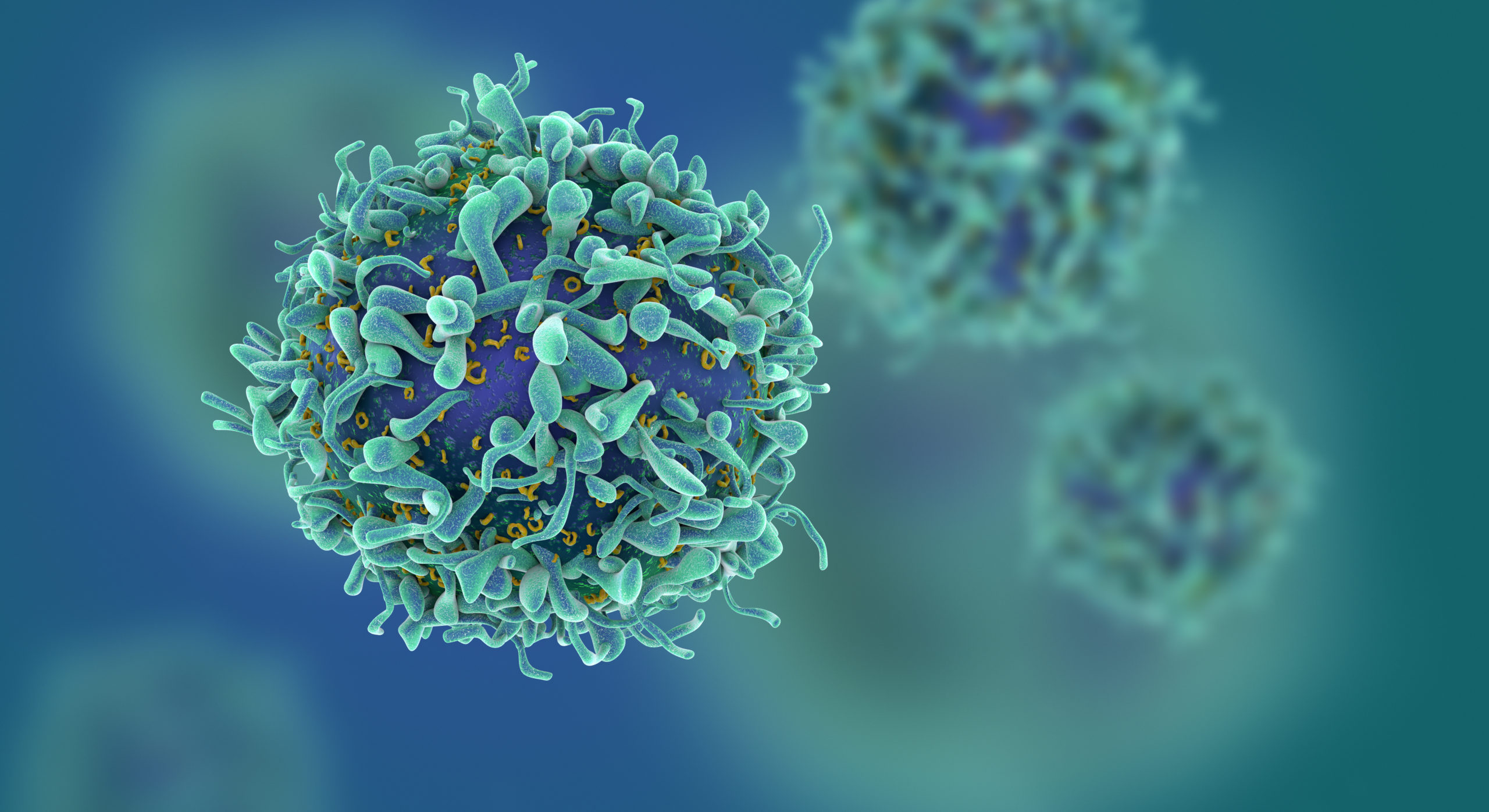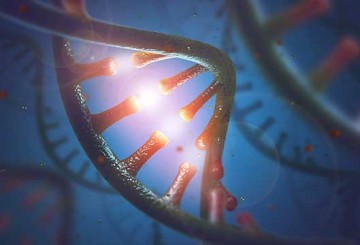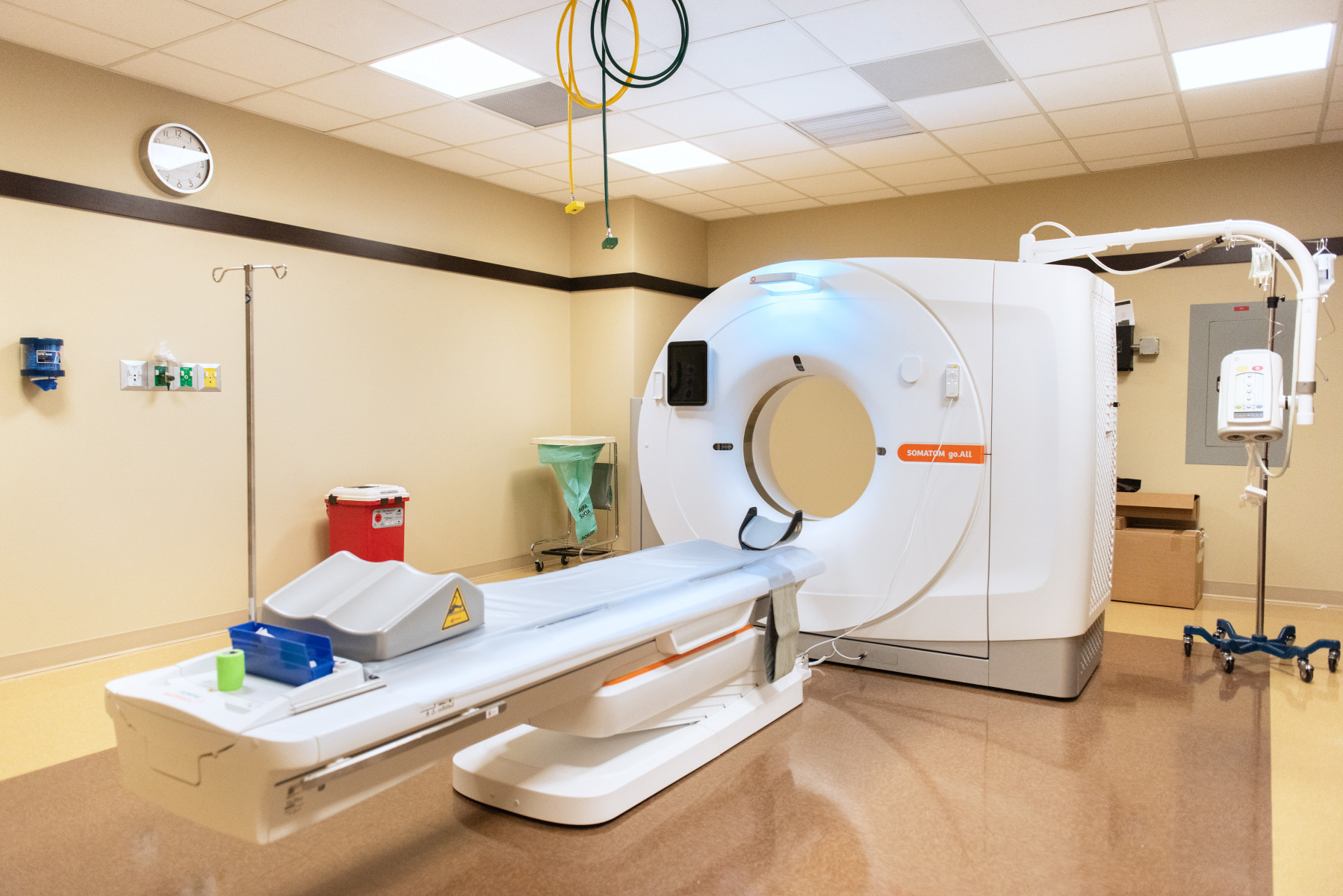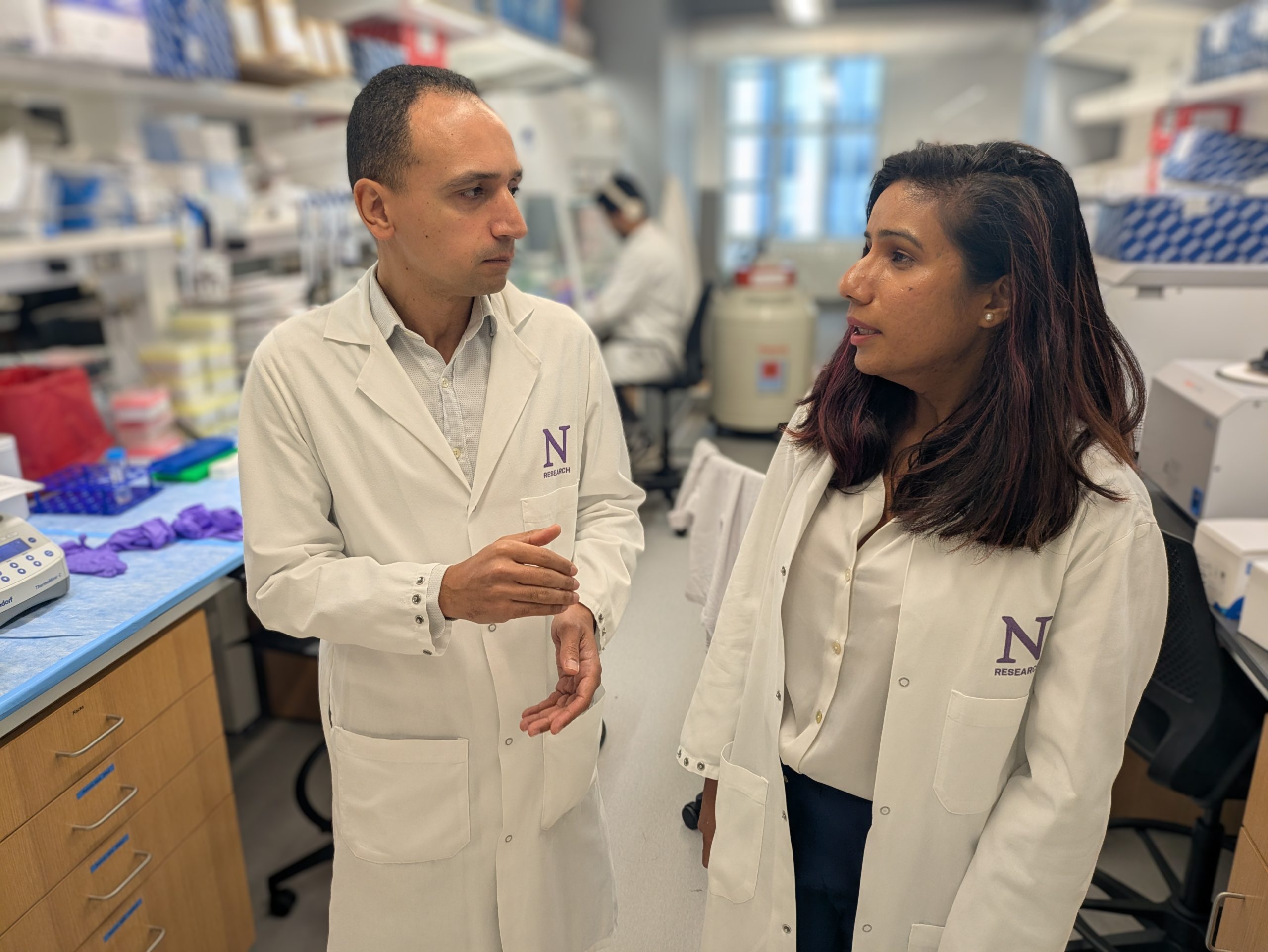Tag: Cancer
-

Investigating HIV’s Hidden Immune Evasion Strategy
A Northwestern Medicine study published in Nature Communications has revealed how HIV can protect infected cells by altering the sugars on their surface, hindering the host immune system and avoiding detection.
-

Tanning Beds Triple Melanoma Risk, Potentially Causing Broad DNA Damage
Tanning bed use is tied to almost a threefold increase in melanoma risk, and for the first time, scientists have shown how these devices cause melanoma-linked DNA damage across nearly the entire skin surface, according to a recent study.
-

Scientists Map the Human Genome in 4D
In a landmark effort to understand how the physical structure of our DNA influences human biology, Northwestern investigators and the 4D Nucleome Project have unveiled the most detailed maps to date of the genome’s three‑dimensional organization across time and space, according to a new study published in Nature.
-

Noninvasive Treatment Boosts Immune Response Against Glioblastoma
Northwestern Medicine scientists, along with collaborators from the Washington University School of Medicine, have developed a noninvasive nanomedicine approach that may improve the treatment of glioblastoma, according to a recent study published in the Proceedings of the National Academy of Sciences.
-

Novel Biomarker May Predict Immunotherapy Resistance
Northwestern Medicine scientists have identified a novel biomarker for immune immunotherapy resistance in cancer that may also serve as a potential therapeutic target for patients who don’t respond well to immunotherapy, according to a recent study published in The Journal of Clinical Investigation.
-

Exploring the Link Between RNA Modification and Prostate Cancer Growth
A Northwestern Medicine study published in the Journal of Clinical Investigation has uncovered a connection between a well-known cancer-related protein and a major RNA modification process, which may inform new treatment strategies against prostate cancer.
-

New Study Shows Lung Cancer Surveillance in the United States Misses Most Patients; Northwestern Medicine Investigators Urge Universal Age-based Screening
In a new study of nearly 1,000 consecutive patients treated for lung cancer at Northwestern Medicine, investigators discovered only 35 percent would have qualified for screening according to the U.S. Preventive Services Task Force (USPSTF) screening criteria.
-

How a Cellular ‘Engine’ Controls Building Blocks of DNA
Northwestern Medicine scientists have uncovered a surprising link between a tiny cellular engine and the way cancer cells build the DNA they need to proliferate, according to a new study published in Molecular Cell.
-

New Antibody Therapy Reawakens Immune System to Fight Pancreatic Cancer
A new study shows that pancreatic tumors use a sugar-based disguise to hide from the immune system, and Northwestern scientists have also created an antibody therapy that blocks the “don’t-attack” signal.
-

Transcription Factor Drives Chemotherapy Resistance in Ovarian Cancer
Northwestern Medicine scientists have discovered how a specific transcription factor promotes genetic reprogramming and chemotherapy resistance in ovarian cancer cells, findings that may inform new targeted treatment approaches that inhibit this process and improve patient outcomes, according to a recent study published in The Journal of Clinical Investigation.





